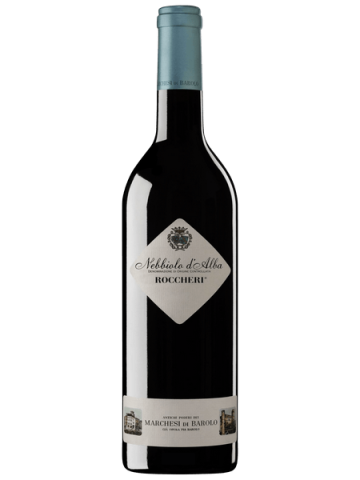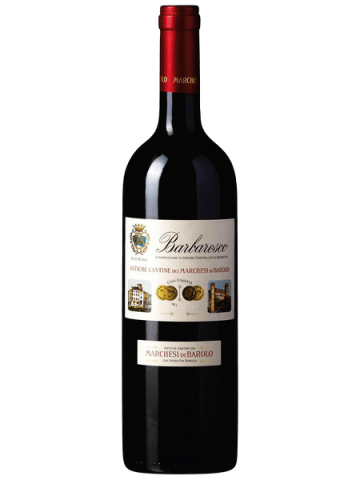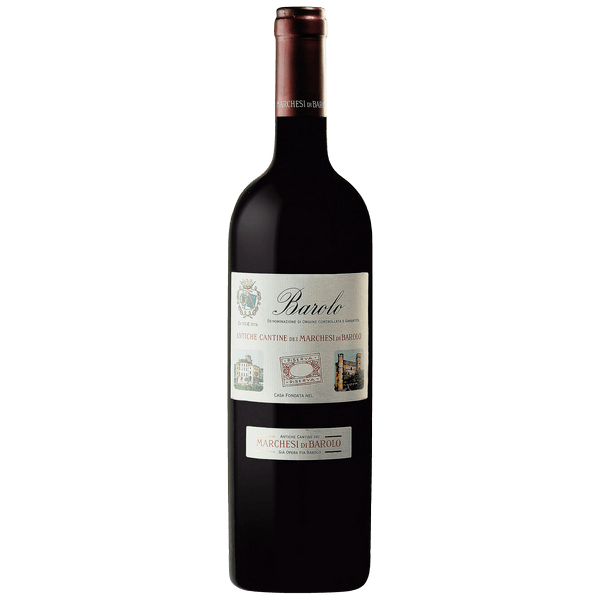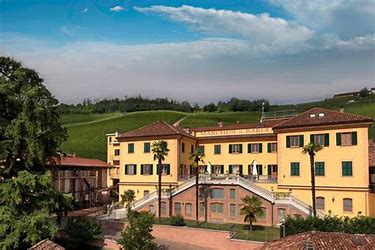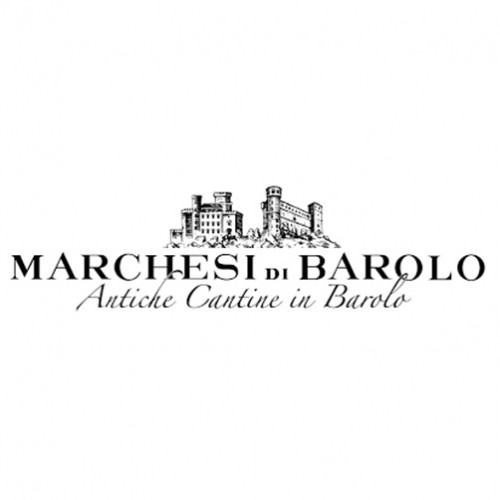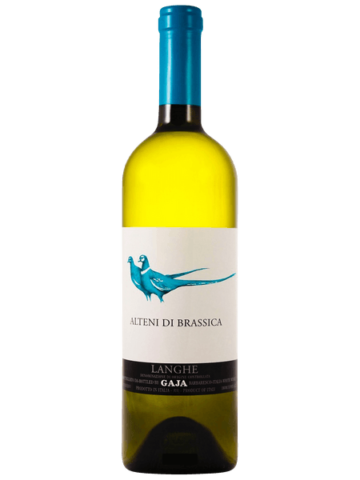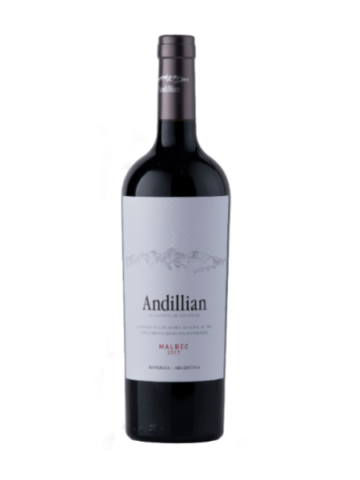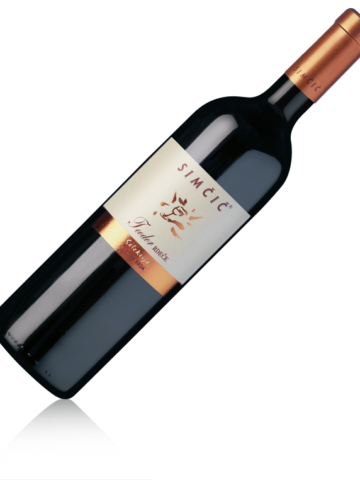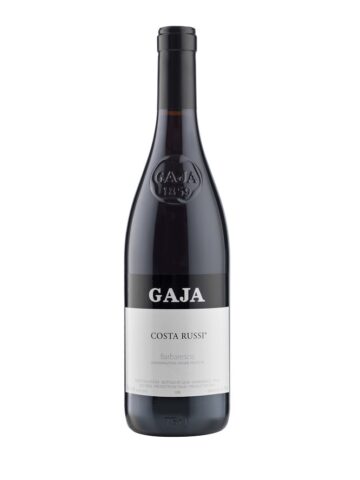O VINARIJI / ABOUT THE WINERY
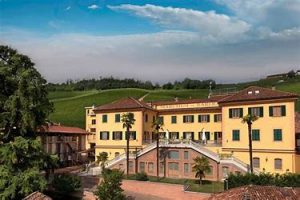
Barolo i općenito govoreći, Langhe, su povezani s izuzetno neobičnim geografskim područjem: zaštićeni na sjeveru, zapadu i jugu po lancu planina koji formiraju Alpe i koji karakterizira visoku razinu bioraznolikosti. Grad Barolo, koji je dao svoje ime “kralju vina”, doslovno se uzdiže u središtu dviju podzona koje karakteriziraju svoje proizvodno područje.
Povijesni podrumi Marchesi di Barolo nalaze se u gradu Barolo, u zgradi s pogledom na dvorac Marquis Falletti i baš ovdje je prije više od 200 godina počela jedna lijepa priča.
Priča o tom vinskom podrumu gdje je, u srcu područja Langhe i zaštićen nježnim brdima, rođeno vino. To vino se nazvalo Barolo, u čast grada gdje je proizveden po prvi put 1807.
Nitko u to vrijeme nije mogao zamisliti da će to vino biti predodređeno jednog dana za „vino kraljeva”
Priča počinje 1807.godine u Parizu, kada je markiz od Barolo, Carlo Tancredi Falletti oženio Juliette Colbert de Maulévrier. Juliette je uvidjela veliki potencijal za vina u Barolu koji nakon potpune fermentacije i dugog starenje su u mogućnosti otkriti sve osobine tipično za tlo i sorte grožđa Nebbiola.
Za ovo bogato i dragocjeno grožđe Juliette je napravila veličanstvene vinske podrume kako bi olakšala proces fermentacije i starenja u velikim hrastovim bačvama. Prema francuskoj tradiciji, dala je ovaj plemenitoj sorti Nebbiolo moćan, strog i jedinstven okus.1864. godina obilježila je kraj prestižne Falletti dinastije kad je umrla Juliette, a u njenu čast je osnovana Opera Pia Barolo.
Nakon toga vinske podrume preuzima obitelj Abbona i prenosi tradiciju na djecu više od 5 generacija.
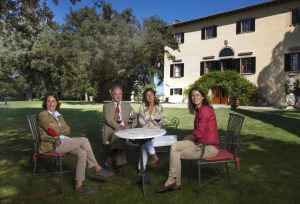
Barolo and generally speaking, the Langhe, are associated with an extremely unusual geographical area: protected in the north, west and south by a chain of mountains that form the Alps and which is characterized by a high level of biodiversity. The city of Barolo, which gave its name to the “king of wine”, literally rises in the center of the two subzones that characterize its production area. The historic cellars of Marchesi di Barolo are located in the town of Barolo, in a building overlooking the Marquis Falletti castle and it is here that a beautiful story began more than 200 years ago. The story of that wine cellar where, in the heart of the Langhe area and protected by gentle hills, wine was born. This wine was named Barolo, in honor of the town where it was first produced in 1807. No one at the time could have imagined that this wine would one day be destined for the “wine of kings” The story begins in 1807 in Paris, when the Marquis of Barolo, Carlo Tancredi Falletti, married Juliette Colbert de Maulévrier. Juliette saw great potential for the wines in Barol which after complete fermentation and long aging are able to discover all the characteristics typical of the soil and grape varieties of Nebbiola. For this rich and precious grape, Juliette made magnificent wine cellars to facilitate the process of fermentation and aging in large oak barrels. According to French tradition, it gave this noble variety Nebbiolo a powerful, strict and unique taste.1864. The year marked the end of the prestigious Falletti dynasty when Juliette died, and the Opera Pia Barolo was founded in her honor. After that, the wine cellars are taken over by the Abbona family and the tradition is passed on to children of more than 5 generations.


